Is depression real?
I once heard this question asked at a talk I was at, and the speaker struggle to answer it. At the time I was still working as a mental health nurse, just starting my business part time. I had been sitting in psychiatric services for many years, hearing patients, doctors and other nurses talking about depression and what it is, how and why it occurs and what the best treatments are for it.
I had also been diagnosed with it myself a few years earlier and had the most horrible and debilitating time with it – I felt it made me a better nurse though, having experienced the sadness, numbness, pain, paranoia and suicidal thoughts.
Is depression real?
Depression is a symptom that we should pay attention to. If we are fully depressed, you can pretty much guarantee that there have been other symptoms that we should have paid much greater attention to before we got to this point.
We know that depression in itself ‘causes’ – or should I say, comes with, a whole host of other symptoms, and these are different for everyone. We know also then that depression can be quite hard to identify in itself. If you see a GP they will go through a checklist with you, and if you tick so many of the boxes in front of them, they will give you a diagnosis and very likely a referral to a Cognitive Behavioural Therapy programme and/or an antidepressant. We feel validated, that someone is listening and that we are doing something towards feeling better.
But is depression real?
Your feelings are absolutely real. The symptoms that you are experiencing are not always just in your head. Some of the symptoms can be physical: a slowing down, actual pain in our bodies, development of physical illnesses whilst our immune systems are also ‘depressed’. But what comes first?
“Depression is caused by the harsh, hurtful, critical words we use on ourselves, and by not being true to our heart’s desire.” ~ Marisa Peer
These were the words that my mentor and trainer (Yes, Marisa Peer) told us when I started training in Rapid Transformational Therapy. I was taken aback at the time. With 20 years in psychiatric services, this seemed to be just too simplistic.
And so I looked back at myself and what was going on for me at the point of each period I had felt ‘depressed’. It was true that I was my own worst critic, I would use words on myself that I would never even imagine directing at anyone else. It was also true that I was stuck in those periods in life feeling that I was not living, just existing, and with a strong feeling that I should be doing something else, something more – in more than one area of my life.
I looked at the clients I was meeting with in clinic who told me that they felt depressed, and they certainly fit into this statement too. We worked on changing the internal language they were using and moving towards a more desired life, one that was more fulfilling and where they felt more in control. People were just not loving themselves enough, and therefore not treating themselves with kindness and support, they way they would treat others.
Surely this is too simple – Is depression real?
The question continued (and continues) to bug me. So looking around for more answers I looked to functional medicine, which is really fascinating, food is medicine, what we put into our bodies is why we end up with illnesses, including depression, but also physical illnesses. If we eat processed food our bodies can’t process it properly, we don’t actually know the extent of the damage it is causing us, but if we change our diets we can improve our health extraordinarily. Makes perfect sense to me.
Back to Marisa Peer ~
“The four R’s – Does this food Roam or grow on the planet? Can I Recognise this food? Can I eat it Raw? Does it Rot?”
Again, my mentor with her wise words, in complete agreement with the functional physicians in the way she teaches about healthy eating.
In the context of depression: we do not know the extent of the problems that our heavily processed western diet is truly having on our health because it is ill explained. We do know about rises in diabetes, heart disease, strokes, and so on. But what is the impact on our emotional health? One thing is the fact that when we are feeling depressed, and using harsh, hurtful, critical words on ourselves, we are unlikely to be providing ourselves with an excellent diet. Our motivation to really take proper care of ourselves when feeling depressed is at rock bottom. We look for things to make us feel better: comfort eating, or we deprive ourselves of the things we need the most to make us feel better because we don’t deserve it. We make ourselves worse. Our gut is now thought of as our second brain, it makes sense then that if we support it with real food, we will feel better and that this can also improve our moods.
Is depression real then?
Well it’s interesting isn’t it? I continued my research… All psychiatric diagnoses are made up. They were all created by humans, and written down, written about, contextualised and evidence provided for them. (I’m not being controversial here by the way, this is basic social constructionism: everything around us, our whole world, everything we do and think and say is made up – take us humans out of the equation and what is left?) l hear some people say therefore, I’m depressed because I have a chemical imbalance in my brain. This is what has been explained to them, and some people find it helpful. It is interesting that we have arrived at such conclusions however, as factually we do not know this to be true. There is as yet no test that can be done on how our brain chemistry is functioning. The theory about reduced levels of serotonin and dopamine (in particular) in those who are depressed, and hence the reason that antidepressants are prescribed is unproven. Most of the evidence and research done on antidepressants shows that they only as effective as a placebo, and that most patients get better over time without medication anyway. The only way to test the brain chemistry in humans would be to undertake a lobotomy. (Such procedures are no longer available on the NHS – I joke, but it is true.) Even when brains are examined post mortem, it has not been possible to identify the purported chemical imbalance.
“The drugs don’t work…” ~ The Verve.
Kelly Brogan writes about this brilliantly, a functional physician and psychiatrist in the US, if you want more technical detail.
This can be a bit mind blowing, particularly I think for health professionals who have grown up in psychiatry. When clients talk to me about antidepressants, I never say don’t take them, or they don’t work. There is a time and a place for antidepressants – usually when someone is desperate, and they cannot see any other way forward. I know, I was that person. I don’t believe that antidepressants worked for me. I experienced the most horrible side effects that made me feel worse than I had previously, but I stuck with it as I thought I was doing something good for myself. People do tell me frequently that their antidepressant is working, and that’s great for them. I personally believe that it has more to do with holding onto an expectation that they will work (despite the evidence), and therefore the words they are telling themselves are “I am getting better, I am doing something to help myself”, rather than, “I’m a useless pile of crap that can’t even drag myself to the Doctors because who am I to even feel depressed, and who will believe me anyway?” (Changing the harsh, hurtful, critical words…)
So – is depression real?
Yeah, of course it is, in the context of a made up human world where we create our own realities and then don’t love ourselves enough to give our minds, bodies & souls what they need to thrive!
Depression is very real.
If you are truly experiencing something that feels like depression, that feels so emotionally painful that you don’t know what to do with yourself, get some help. There is absolutely no shame and it does not discriminate – this stuff happens to people like you (i.e. humans).
Just know that there is more than one way to skin a cat (what a horrible saying), and that depression in itself is a symptom that we must pay attention to. You are being given information by your mind, body and soul that something in your life isn’t right for you. You owe it to yourself to work it out or even just acknowledge what this is, and give yourself some loving attention.
What do you think about all of this? What is your experience?
What could be better?
Know anyone who would appreciate reading this? Why not show them how much you care by sending it their way?

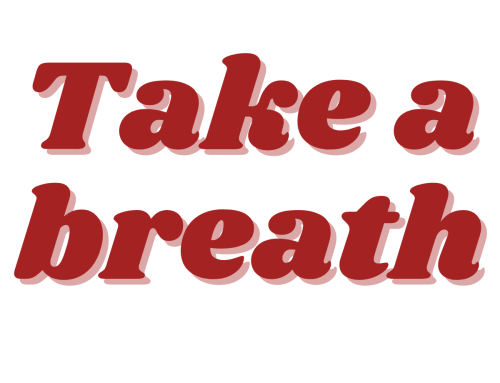
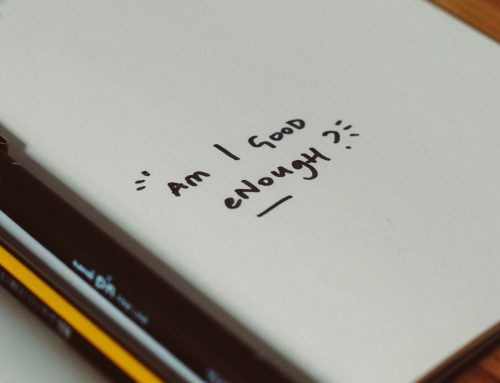
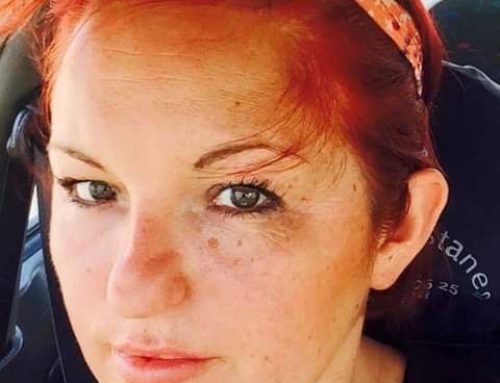
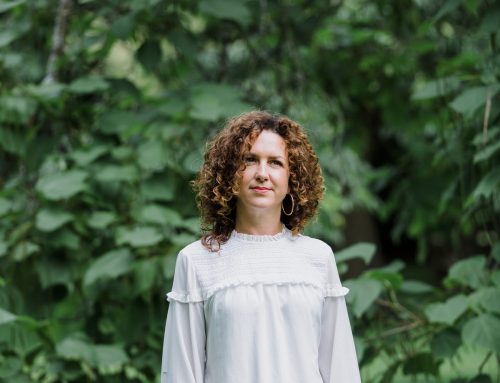

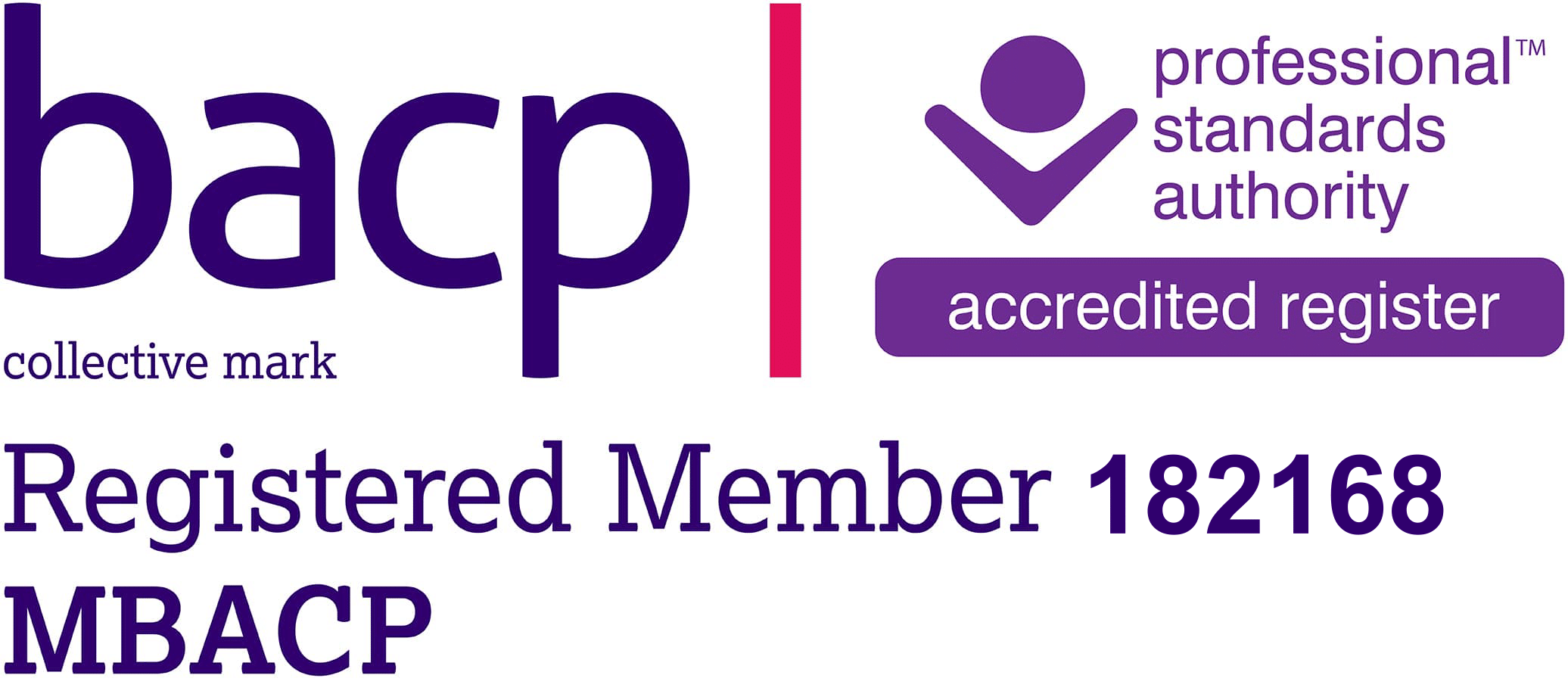

What an interesting article. These issues have always fascinated me along with the big issue of just how much control do we have over our own behaviour. When I was studying law I sometimes felt frustrated thinking “but it is all just made up” – but then, as you say, so are most subjects – they are a human contrivance. About to Google Marisa Peer.
Thanks Jo, glad it was thought provoking. Cx